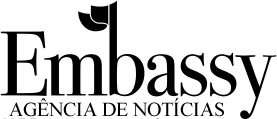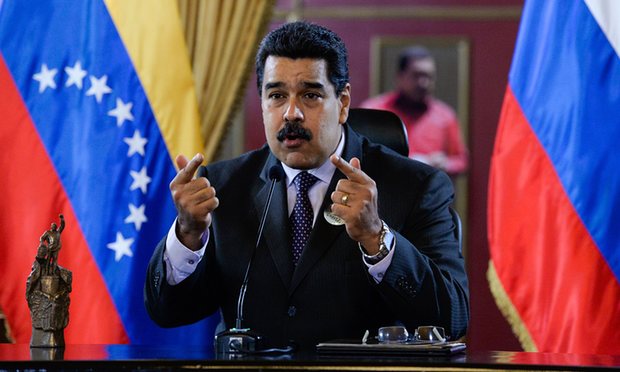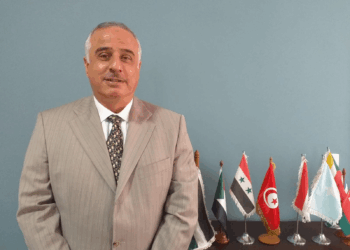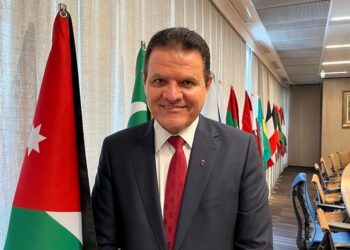For more than a decade, Hugo Chávez seemed to have invented a new future for his country. But the collapse in oil prices has put it all at risk
Venezuela is a country that many observers have trouble analysing without projecting their own political passions. Leftwing sympathisers of Latin American “Bolivarian revolutions” embraced Hugo Chávez, who ran the country from 1999 to 2013, as all but a global hero for the destitute – eagerly glossing over his concentration of power and policies of crushing dissent. Rightwing critics never saw “Chavismo” as anything else but another version of third-world despotism – overlooking the root causes of its popular appeal in a country of deep social inequalities and complex ethnic dynamics. But if there is one thing they might agree on now, it is that Venezuelans urgently need change if growing desperation is not to turn into uncontrollable chaos. Food and medicine shortages have taken on such dramatic dimensions that a whole country seems to hover on the edge of collapse.
Venezuela’s mounting crisis took a new political turn on Monday when the national electoral council announced that the opposition to president Nicolás Maduro – the man Chávez anointed as his successor before dying of cancer in 2013 – had collected enough signatures for the complex process leading to a recall referendum. The opposition, who hold him responsible for the country’s economic disaster and are hoping a referendum will bring an end to 17 years of Chavismo socialism, still faces an uphill battle, not least because Mr Maduro could still prevent or stall the referendum.
That Venezuela is fast spiralling downwards can hardly be doubted. There are tense scenes of citizens lining up long before dawn in front of supermarkets. Riots break out when people discover, after a gruelling wait, that nothing will be available. Hospitals and maternity units lack essential medicine. Families are going hungry, and parents skip meals so their children can eat – a scandal in any country, but absurd in a country with the world’s largest oil reserves.
Confronting attempts to overturn his presidential mandate, President Maduro has resorted to denial and grandstanding. He has refused to acknowledge that his government has failed to address an economic breakdown brought on by the collapse of global oil prices. Nor has he tried to reach out to the opposition in any way that might make compromise possible. Instead, there is the arbitrary detention of opponents, and documented cases of torture. Not unlike Hugo Chávez, President Maduro has also fallen back on a conspiratorial narrative of Chavismo under attack from “forces of imperialism”. None of this has defused public anger.
It is too early to say whether Chavismo has entirely run its course in Venezuela, but it is obvious that President Maduro has sacrificed public confidence. His predecessor, beneficiary of a decade-l Venezuelans are not only suffocated by economic hardships – they feel deeply humiliated by them. A power system that once professed an egalitarian vision for all has created a situation where essential foods are affordable only for the rich and the government wants to force citizens to work on farms to address food shortages.
What happens next largely depends on when the next stage of the complicated referendum process is announced by the electoral council. The opposition bloc, which won parliamentary elections last December, want it as quickly as possible. Polls show that 64% of Venezuelans would vote to remove the president. Maduro is playing for time. His allies have already filed 8,000 legal challenges to the referendum process.ong boom in oil prices, was once admired as a progressive visionary. President Maduro has neither that nor Chávez’s charisma, and his rule has, if anything, emphasised the darker autocratic sides of Chavismo. Venezuelans who once felt the state was on their side, and saw the poverty rate drop by 20%, now feel that government incompetence and cronyism is carrying them towards the abyss. Their voice urgently needs to be heard.
Fonte: The Guardian/Editorial







